Toll Free: 18002743011
[email protected]Toll Free: 18002743011
[email protected]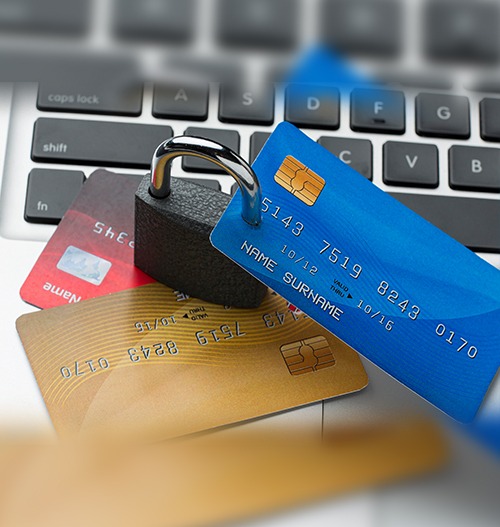
Awareness is the foundation of safety. When it comes to the financial transactions, safety and security is important to avoid any case of cheating or manipulation/exploitation. As a banker, our topmost priority is to safeguard your information and financial security. We are dedicated to make it happen and also motivate you to be SACHET and have an experience which is safe as well as secured.
Our focus is to educate our customers about increasing techniques being attempted by fraudsters/imposters and their preventive measures. An aware customer not just helps himself from being caught in these swindle, they also help us in our efforts of providing a safe and secured environment.
Disclaimer: Information mentioned in these sections is for awareness purpose only, and shall not be considered as any legal advice.



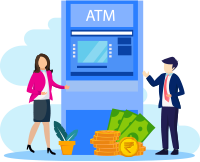

How the Scam Happens
Precautions
How the Scam Happens
Precautions
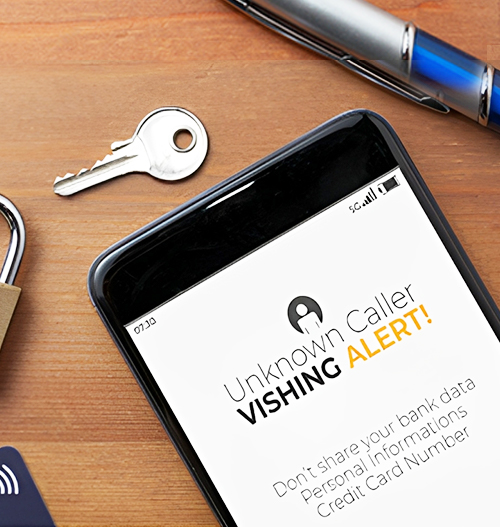

How the Scam Happens
Precautions
How the Scam Happens
Precautions

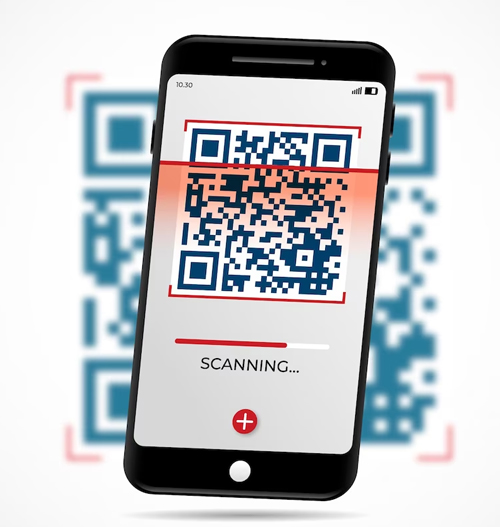
How the Scam Happens
Precautions
How the Scam Happens
Precautions
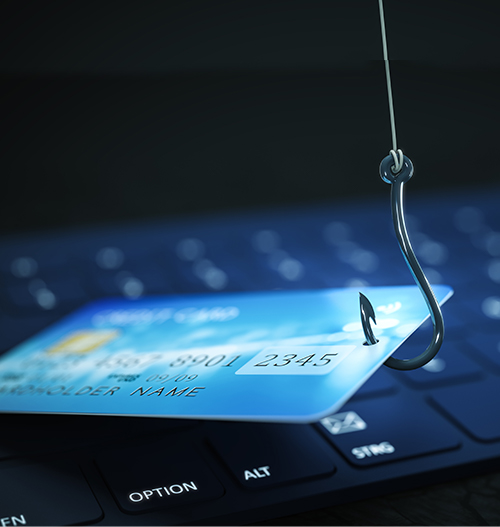

How the Scam Happens
Precautions
How the Scam Happens
Precautions

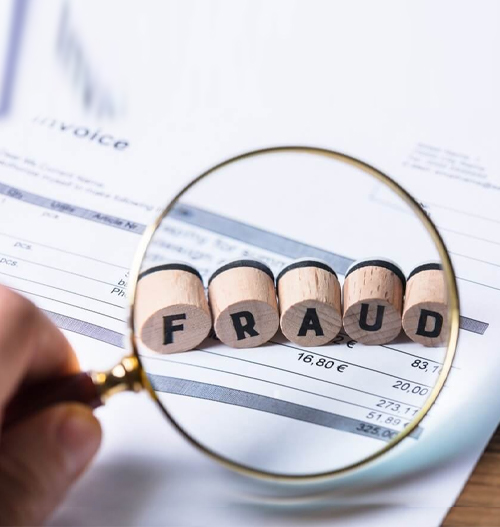
How the Scam Happens
Precautions
How the Scam Happens
Precautions
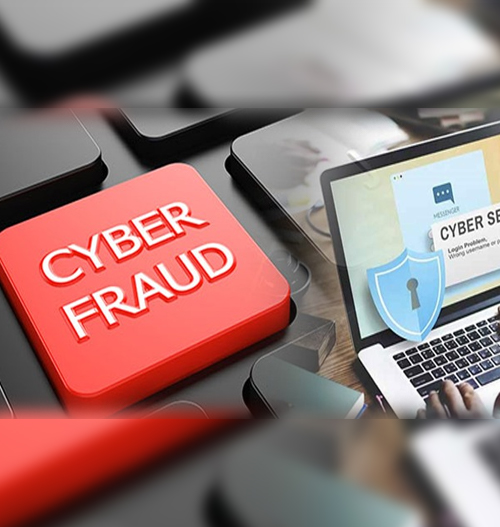

How the Scam Happens
Precautions
How the Scam Happens
Precautions


How the Scam Happens
Precautions